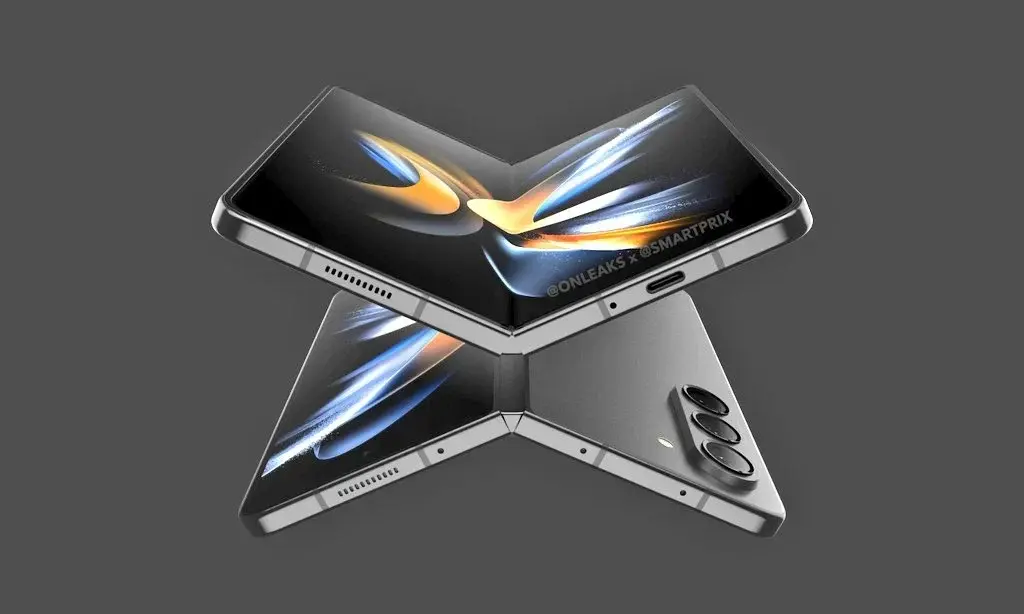Samsung is reportedly opting not to use its Exynos chips in the upcoming Galaxy Z Fold6 and Z Flip6, according to The Elec, a Korean publication. Instead, the company will continue to rely on Snapdragon chipsets for its foldable devices, a trend that has been consistent so far.
Performance and Power Efficiency
Samsung has made strides in improving the performance and power efficiency of its in-house silicon over the past few generations. The goal is likely to gain more control over its smartphone business while also reducing costs. Historically, Exynos has often lagged behind its Snapdragon counterparts in terms of performance. However, recent developments indicate that Exynos is starting to catch up with Qualcomm. A recent report even suggests that the upcoming Exynos 2500 chipset will surpass the Snapdragon 8 Gen 4 in power efficiency. Nevertheless, this new chipset is expected to debut with the S25 series, leaving the Exynos 2400 and last year’s Snapdragon 8 Gen 3 as the current options for the 6th generation foldables.
Exynos 2400: Still Not Efficient Enough
Despite these advancements, Samsung MX (the smartphone business unit) has decided to continue its partnership with Qualcomm for its foldable phones, as reported by The Elec. The decision is attributed to the Exynos 2400 chipset still not meeting the required power efficiency standards. Last year’s fifth-generation flip phone featured a 3700mAh battery.
There are rumors that the Z Flip6 will feature a 3880mAh battery, which Samsung might market as a 4000mAh battery, similar to the Galaxy S24. However, this capacity is still deemed insufficient for a flagship chipset, pushing Samsung to prioritize power efficiency even if it’s not the most cost-effective option.
The Galaxy Z Fold6 has already appeared on Geekbench, and the phone is expected to be launched around mid-July.


Leave a Reply